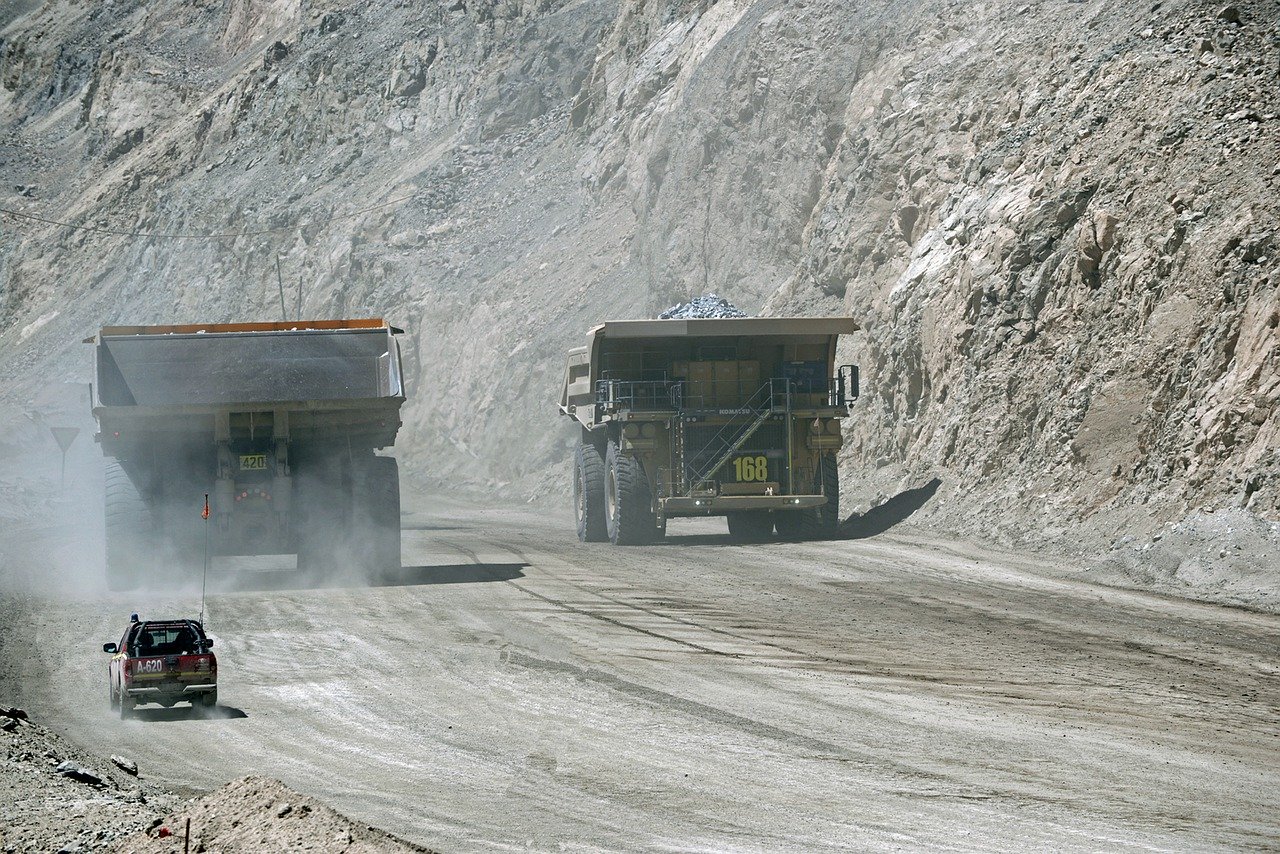
Thank Goodness for our precious sense of hearing. It keeps us safe, helps us to be part of society and gives us a great deal of listening pleasure, but worldwide huge numbers of people work in jobs which put their hearing at severe risk through exposure to dangerously high levels of industrial noise. Mining is one such industry. Noise-induced hearing loss is a very common result of continuous intense workplace noise, causing not just irritation but real damage and becoming a major occupation related illness in the UK.
The Health and Safety Executive (HSE) rules that according to the Control of Noise at Work Regulations 2005, workers should receive protection against noise levels 85 decibels (dB) or higher. Studies have shown the harm caused by noise levels above 85 decibels especially for long periods of time and mining is known to be one environment in which workers can be subjected to this degree of noise level and even much higher on occasion.
Despite the implementation of safety advances in industry over the last decades, mining continues above the other industries to be responsible for the production of noise levels dangerous to health.
Addressing Mining Noise
Getting materials out of the ground requires using a lot of noisy, heavy
equipment. The power of machinery is needed to destroy the materials that have been in place for millennia and such pneumatic and percussion tools create the bulk of mining noise, way above the safety levels of below 85dB. Then add to this the tools like mega drills used in extraction and don’t forget the extra equipment such as fans and transport vehicles, all combining to deafen.

The hazardous noise problem in mining will always be with us but it should be monitored and controlled where possible. Some methods exist to control the noise levels, for example:
- By making sure that workers only spend limited time in the noisiest environments.
- To attempt to cease using and find an alternative for the machines that create the most hazardous noise levels.
- By adding silencers, sound isolation and by using Echo Barriers to absorb the deafening row which will leave workers with ringing ears at the end of the shift.
- With extra work, thought and care, mining companies can help to control and eliminate this problem. Occupational hearing loss has no place in this century.
Noise Barriers For Mining
The innovative Echo Barrier system can be put in place to lessen noise in diverse working environments such as mines, where noise levels can be reduced by up to 43 dB. Being portable, these noise barriers should be put in place to accompany the correct personal protective equipment and after all possible noise lessening measures have been added. This will ensure that miners have the greatest protection possible for their precious hearing.

